‘If you didn’t laugh, you’d cry’: The festival showcasing the art of working-class writers
A new book festival aims to shine a light on working-class writers. We’ve always been here but now we’re aiming to change the literary landscape for good, says David Barnett

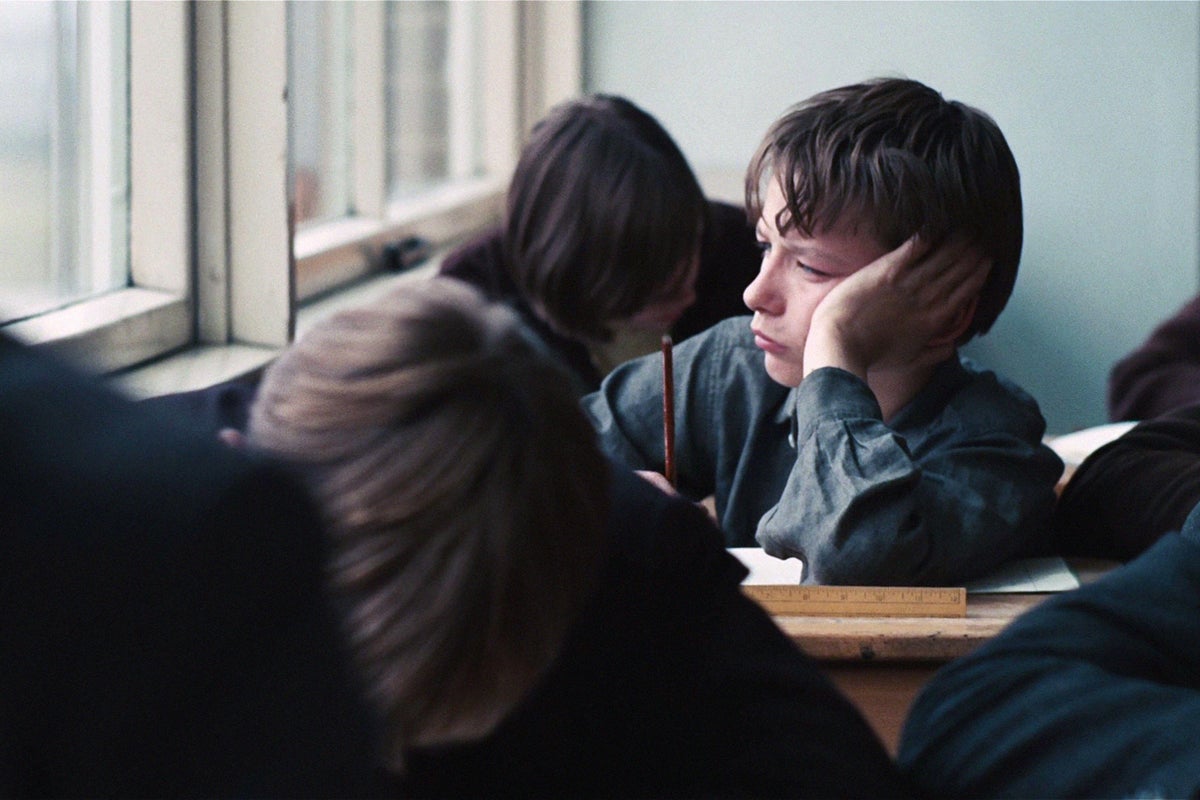
When I was 16, I typed with a flourish on the Amstrad word processor (huge beige box of a monitor, green type on a black background) that I had been bought for Christmas a year before the words THE END. I had just completed 130,000 words of my first novel – a turgid portal fantasy with an embarrassing amount of what I imagined great sex to be, which resides, Dorian Gray-like, in a battered old leather valise in my loft, and will never, ever see the light of day in my lifetime.
My dad was passing my bedroom as I finished my magnum opus. “What are you going to do with it now?” he asked.
I shrugged and saved it to a floppy disk. The answer was, nothing. I had been a voracious reader since I was a small child, and around that time I was reading mountains of science fiction and fantasy. I just fancied having a go at writing one myself, really.
Because even at the age of 16, it never occurred to me that I could try to get the novel published. I knew that people wrote books, of course, but assumed they weren’t people like me, who lived with his builder dad and former-wages clerk mum in a mid-terraced red-brick house with a flagged yard in Wigan.
Surely people who wrote proper books were… I didn’t quite know what. Posher than me? Richer than me? Cleverer than me? In those far-off, pre-internet days I had no idea about the authors of my favourite books other than the brief biographical paragraph at the front, and as my well-worn paperbacks were mainly from second-hand shops or dusty old library editions I had no idea if they were living or dead or what their backgrounds or circumstances were. I only assumed one thing, and it was that working-class kids probably did not write books.
Which was a curious way of thinking, really. At school, we had read many novels and plays in English class about working-class life. Hobson’s Choice by Harold Brighouse, Spring and Port Wine by Bill Naughton, A Taste of Honey by Shelagh Delaney, which she famously wrote at the age of 19. Perhaps the one that chimed most with us was Barry Hines’s Kes. I remember we watched the film version in class once, and I heard our English teacher bemoaning quietly to a colleague: “They’re laughing at all the wrong bits.”
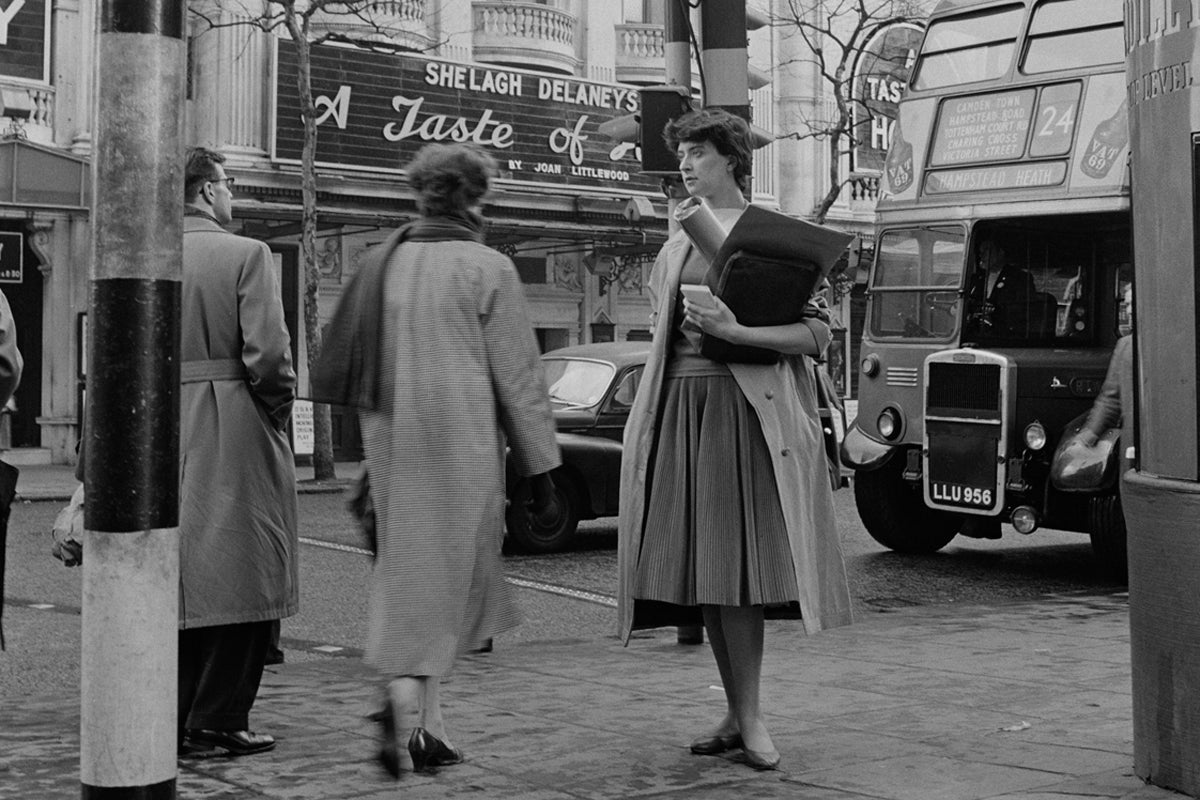
But we weren’t. We laughed at the sad and tragic and horrid bits because we recognised them as our own experience, and because we’d all pretty much been brought up in households where the mantra was: “If you didn’t laugh, you’d cry.”
So the stories of working-class life were there, yet still I didn’t think that the writer’s life was a working-class one. Those plays and books we studied in English were from before our time, the Fifties and Sixties. Even Hines’s A Kestrel for a Knave, which felt the most contemporary to us, was published in 1968, a good 15 years before we read it.
Think of working-class literature and we think of those books and plays above, to which we can add The Ragged-Trousered Philanthropists by Robert Tressell, or Rita, Sue and Bob Too by Andrea Dunbar, or Patrick Hamilton’s 20,000 Streets Under The Sky trilogy.
It’s giving people a platform to talk about their experiences and also just to have an audience, really, because far too often they just don’t get to do this
Fine works of literature, all. But also, period pieces. As though the fictional and dramatic portrayal of working-class life is something to be studied with historical context, even though it’s still going on, all around us.
So, where are the working-class writers and great working-class books of today? That’s exactly what Natasha Carthew wants you to find out, as artistic director of the inaugural Working-Class Writers Festival, which takes place in Bristol from 21-24 October. The festival features a wealth of big names who, to use the modern parlance, identify as working class: Stella Duffy, Val McDermid, Cole Moreton, Cash Carraway, Kerry Hudson, Tracy King, and many more. It aims to showcase the work of working-class writers, and the portrayal of the working classes in contemporary fiction.
First off, though, what exactly do we mean by a working-class writer?
“I get asked this a lot,” says Carthew, who lives and works in her native Cornwall. “People ask me at festivals and things, do you think I’m working class? And, you know, it’s very subjective. There are many types of working-class writer. But the reason I set up the festival is to hear authentic voices because they haven’t been heard enough at literary festivals.
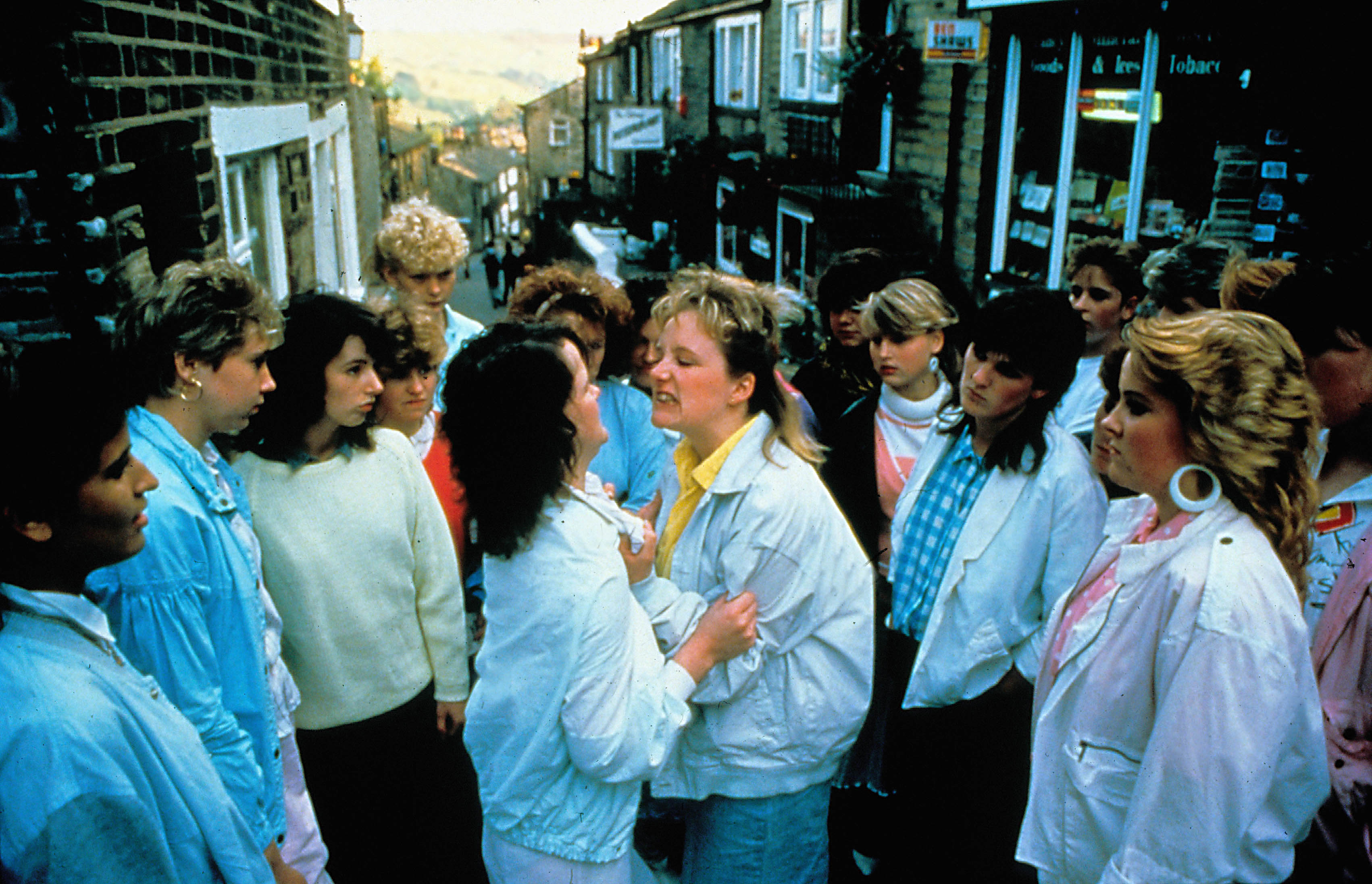
“It’s giving people a platform to talk about their experiences and also just to have an audience, really, because far too often they just don’t get to do this.”
Carthew thinks about it a little more, and says, “For me, working-class writers are the people who perhaps haven’t had a leg up in the way many other writers have. A lot of us haven’t been to university or we didn’t have the money to travel to events and hobnob with people, especially if you’re from outside London and can’t easily move in those literary and publishing circles.”
Very much chiming with my own experiences – I was 30 before I started to think I might be able to get published, and 41 before I scored my first book deal with a major publisher – Carthew adds that the festival is also to inspire working-class people and tell them that yes, they can actually be writers.
“You know, some people write their whole lives but can’t imagine themselves having an actual book for sale in a bookshop, because they think it’s not a career that’s aimed at them,” she says. “We’re putting on panels and workshops, and everything is going to be incredibly cheap, so young people especially can come and see all these incredible writers who they may not even realise have come from working-class backgrounds, and even poverty. We want to inspire people to say, ‘Yes, that’s me up there: I can do that.’ There should not be class barriers to writing and getting published. It should be an open door to everyone who has something to say.”

Writers such as Kerry Hudson have laid bare working-class life at the poverty end of the scale in recent non-fiction books that might have proved an eye opener to some. Hudson’s excellent Lowborn (Chatto, 2019) is an unflinching look at life on the breadline. Cash Carraway’s astonishing Skint Estate (Ebury, 2019) is a raw, difficult and often funny look at being a mother in poverty.
Both books brought a lot of attention to working-class lives, but should not be seen as glimpses into how others live. They are how a huge swathe of British society lives, and from which writers emerge – not necessarily unscathed, but definitely with something to say.
Class is a fluid and malleable thing that is difficult to pin down. I grew up working class, I’m pretty sure of that. But am I working class now? Not in a way that my dad or grandad would recognise, I think. Is working class how you live now, or how you were raised? Is it a state of being, or a state of mind?
Matt Cain was born in Bury, Greater Manchester, and raised in Bolton. His breakthrough novel was his third, The Madonna of Bolton, which was published in 2018 via the crowdfunding platform Unbound after getting dozens of rejections. His next one, The Secret Life of Albert Entwistle, is out from Headline this month. Both deal with working-class lives, and growing up gay.
Is Cain working class? His career in the media – producing TV documentaries, working in front of the camera for Channel 4 News, editing the gay lifestyle magazine Attitude – might suggest not.
“They always used to say it takes two generations to change class,” says Cain. “So I think I’m perhaps the transitional generation. My mum and dad both came from council houses, my grandma and grandad lived in council houses, and when we were growing up we were taught that we were working class and that we should be proud of our identity. And that was very much who we were and I very much identified with working-class culture, but by certain people’s criteria I would qualify as middle class.”
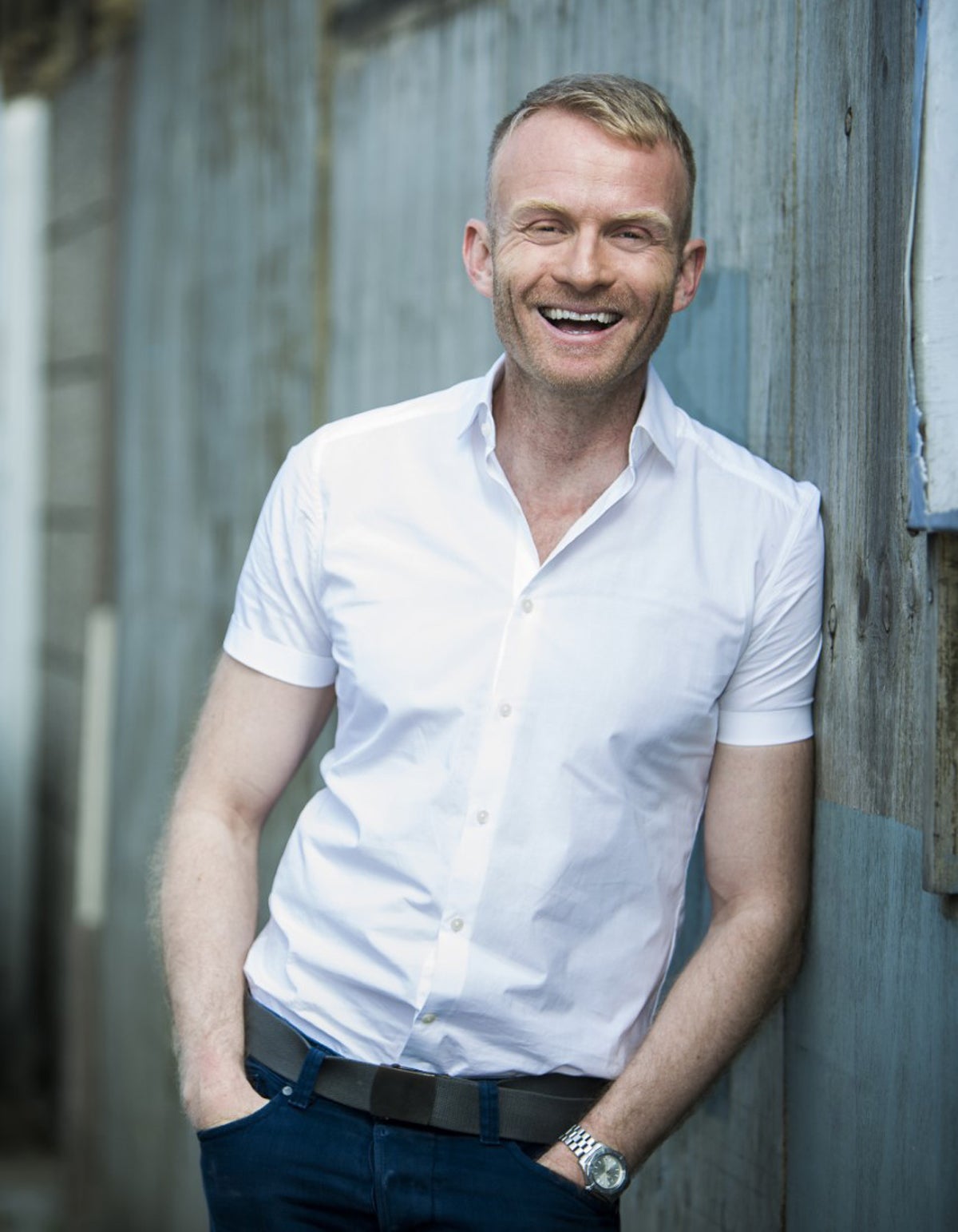
One thing writers with working-class roots can do well is present the stories of working-class people in fiction. With my most recent novels such as The Handover, Calling Major Tom and Things Can Only Get Better, I was determined to “normalise” northern working-class experiences; not make them the point of the novel, other than these were the lives that people led. Cain has done the same with his writing.
“Look, we’re all writers and that means we use our imagination, we create situations and people that we don’t directly know about,” he says. “I don’t believe that people should stay in their lanes and not write about anything that’s outside their own experience, or we’d never get a crime novel or a woman writing a male character, would we?
“But I have read some novels by middle-class writers that feature working-class characters and they’ve either got them completely wrong or been utterly patronising, even if they’re well-meaning. The more working-class writers there are, and the more working-class people get jobs in publishing, the less this will happen.”
There is, thinks, Cain, an unconscious bias in publishing, which by and large is very white and middle class. There have been great efforts to address this in recent months, with many of the mainstream publishers opening offices outside London to encourage local talent and employment, and efforts to be far more diverse in both staffing make-up and publishing schedules.
I feel like my previous career at the Bar prepared me well for the snobbery I have thankfully rarely encountered in the literary world
But the problem is of working-class visibility, exactly for the reasons outlined above – lines are blurred, distinctions are not quite clear. If you go to university at Cambridge, as Cain did, do you automatically rescind your working-class membership card?
In fact, for people like Cain, this can actually reinforce your class roots. “When you’re from the north or a working-class area,” he says, “you grow up in that community and everyone’s the same as you so you don’t question it. It’s only when you move away that you realise you’re different.”
Many working-class people who become writers aren’t prepared for the doors of publishing to be resolutely closed to them. Others have developed a thick skin precisely because of how they were brought up. For Cain, it was growing up gay in a northern working-class community that prepared him for the writing life of rejection and submission and rejection again.
For Roxie Cooper, by the time she came to write her first novel she had already faced down the demons in possibly the toughest theatre of class war possible: practising at the Bar.
Cooper was born in Hemlington, Middlesbrough, went to the local comprehensive school, had by her own admission a “common, working-class accent”. When she told her careers adviser at school she wanted to be a barrister, she was told after a long pause: “Any other ideas?”
Cooper became the first person in her family to go to university (she studied Classics at Newcastle) and then via a slightly circuitous route (she worked as a dancer in a bar and then went off travelling around Asia and lived in Australia for a while) she achieved her ambition. But getting to be a barrister wasn’t the end of the class issues – it was the beginning.
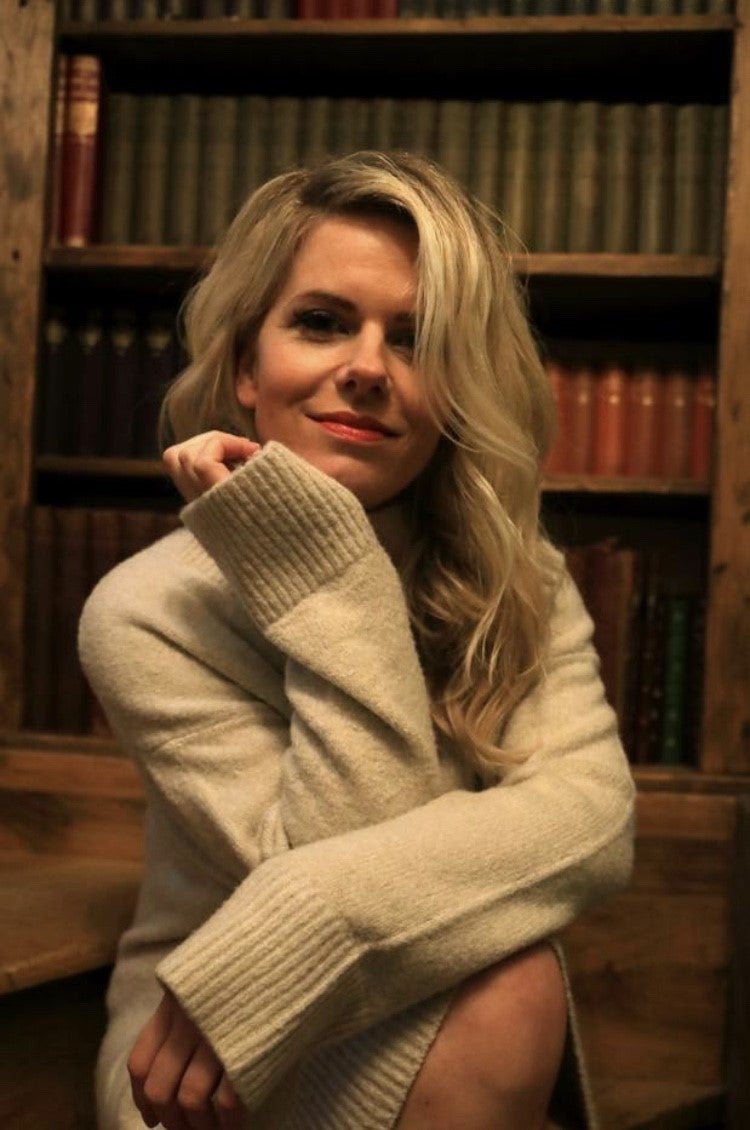
“When people asked me what I did, the most frequent reaction I got was, ‘Oh! You don’t look like a barrister!’ Colleagues would joke about my accent and call me ‘Barbie’ because of my peroxide blonde hair. The underlying assumption was impossible to miss: they thought I was stupid.”
Cooper poured her experiences into her debut novel, The Law of Attraction, in which her character Amanda follows a similar journey. Although Cooper left the Bar after the birth of her children, one of who has complex needs, the experience meant that she was not going to countenance the thought of her class being an impediment to a writing career.
“I feel like my previous career at the Bar prepared me well for the snobbery I have thankfully rarely encountered in the literary world,” she says. “I will never change my working-class northern accent, nor will I pretend to be a different version of who I am.
“I admittedly had a fairly straightforward route into writing. I wasn’t one of these authors who always had a burning passion to write. I felt compelled to write my debut after being stereotyped as the ‘stupid, blonde, working-class Barbie lawyer’ at the age of 37. I applied to three agents, and was picked up by my current agent, Sarah Hornsley at The Bent Agency straight away. My debut was published by HQ Digital and my second novel, The Day We Met was published by Penguin. At no point did I feel I was at a disadvantage because of my class, and despite having practised at the Bar, I still consider myself to be very firmly working class.”
Things are definitely changing in publishing, and part of that is down to conscious efforts to diversify in the industry, and also the democratisation offered by social media. “I have never felt disadvantaged throughout my publishing journey because of my class or where I’m from,” Cooper says. “I made the majority of my connections through Twitter and I feel think that’s been a wonderful way for working-class authors to build confidence, mingle and socialise – albeit online – with those in London.
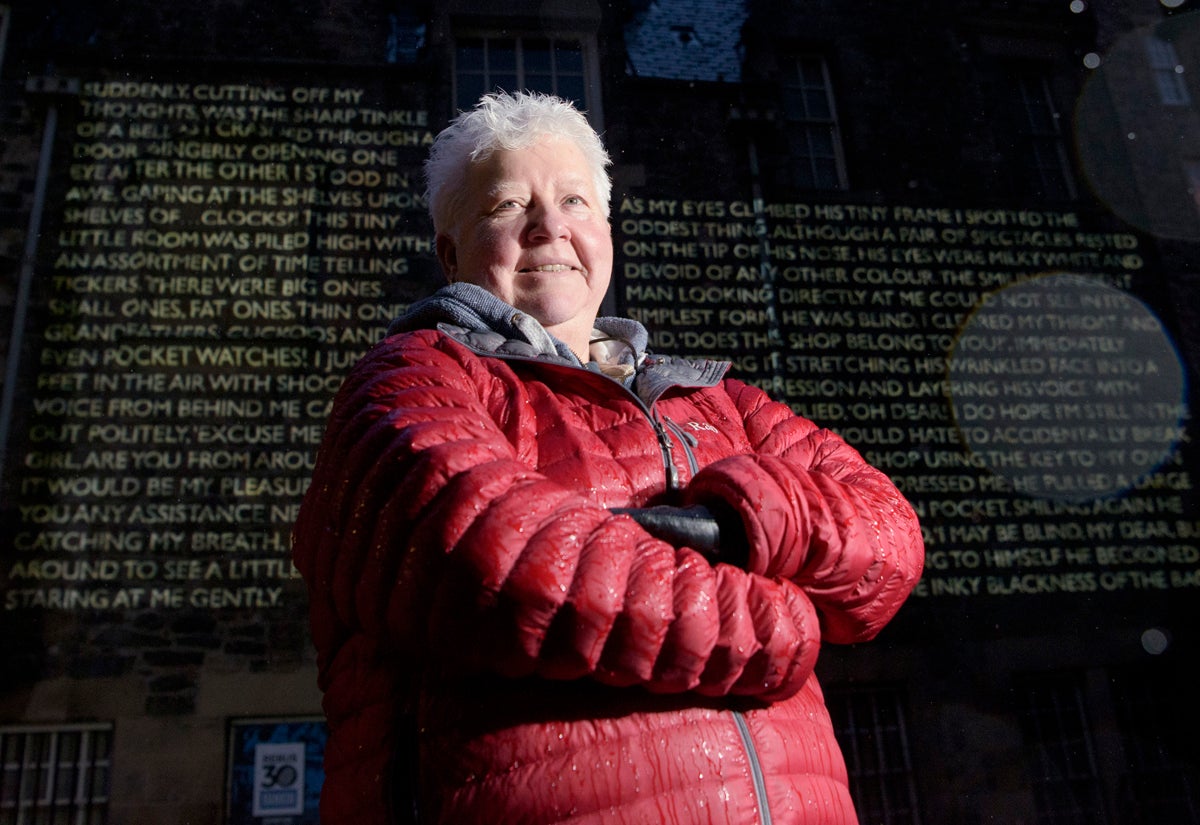
“I also think that lockdown has demonstrated that most things can be achieved wherever you are in the country. If I ever have to visit London for events or meetings, I book trains and accommodation months in advance to get the cheap deals. But I have always seen my working-class ‘northernness’ as a strength in whatever I’ve done throughout my careers – never as a hindrance.”
Perhaps as an indication of publishing’s desire to welcome more working-class voices in both books and as part of the publishing machine, two of the biggest houses in the country – Hachette and Penguin Random House – are co-sponsors of the Working-Class Writers Festival.
Natasha Carthew has written both literary novels, including All Rivers Run Free and Winter Damage, and non-fiction nature writing, and her latest book, Born Between Crosses, celebrates the lives of working-class women and is raising money for the Penzance-based Hypatia Trust, which supports and promotes women’s achievements.
She is pleased at the way publishing is changing, and wants to see more of it. She also says that with the emergence of more working-class people into both publishing and writing, there could well be a positive shift in the way things are run.
“The community of working-class writers that is building up is a very caring one,” she says. “We all look out for each other and we all step up to the plate for other writers, bang the drum, promote each other’s work.
Read More:
“I grew up on a small council estate in Cornwall and everybody would help each other out. If you didn’t have 50p for the electric meter someone would lend you 50p. If someone had to go out and work at night someone else would look after their children.
“And it’s like that with working-class writers. We’ve all come up from certain situations and we look out for each other, and the more people there are like that in the literary world, that can only be a good thing.”
For more information on the Working-Class Writers Festival in October follow @classfestival on Twitter or see bristolideas.co.uk for updates
Join our commenting forum
Join thought-provoking conversations, follow other Independent readers and see their replies
Comments
Bookmark popover
Removed from bookmarks